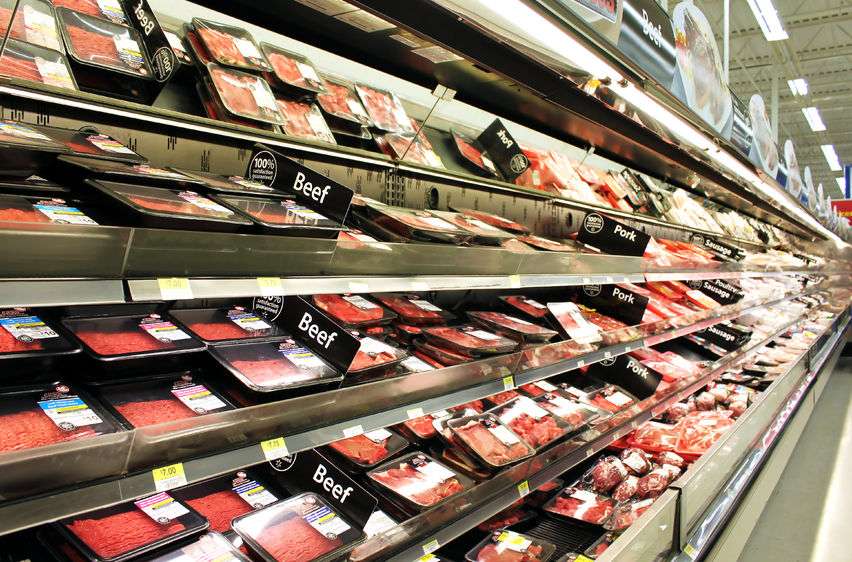
Failing to reach a Brexit deal could cost food retailers and their supply chain a massive £9.3 billion, according to a new report by Barclays.
As Brexit negotiations continue, the report by the bank shows retailers could face additional tariffs totalling £9.3bn per year for food and drink products imported from the EU if a settlement isn’t reached.
With grocery margins typically around 3–5%, additional cost is likely to end up being passed on to consumers.
The report shows that in a no-deal Brexit, food retailers would be affected by a new average tariff of 27% on food and drink goods entering from the EU, significantly more than the 3-4% levy that would hit non-food products.
Additionally, every consignment of goods from the EU will require a customs declaration which starts at a minimum of £50.
Last year, the UK imported £48 billion worth of food and drink, approximately 40% of the total UK market. Of these, 71% originating from within the EU entered the UK free of customs duties and other trade costs.
While a free trade deal or the Chequers option, would help the food industry avoid tariffs and related duties, a no-deal Brexit could mean significantly higher costs for retailers and consumers.
The cost of 'no-deal'
Food retailers are waiting to see whether a ‘Brexit deal’ can be reached that keeps costs down for the sector.
A full customs union, for example, would maintain the current tariff-free trade enjoyed by the UK and the EU but would limit the UK’s ability to trade unilaterally with other countries.
A free trade agreement (FTA) would be likely to minimise the amount and cost of new tariffs imposed on trade. Though an FTA would still require extra fees from logistics, such as customs declarations, it would also free the UK to make other trade deals.
However, a no-deal Brexit would impose significant costs on food retailers, with varying tariffs for different types of products.
For example, the Barclays report shows that fully processed food and drink products, such as orange juice, will attract the highest tariff rate of 31% compared to 29.5% for semi-processed food and drink such as white sugar, and 9.7% for primary products and raw materials like bananas.
Beyond such category based surcharges, some products also attract ‘specific duties’, which are tariffs levied on a per unit basis; that is, by weight or volume.
Hardest hit products
The report shows specific duties disproportionately target certain products including meat, cereal, olive oil, wine and sugar-based foods. By their nature, these tariffs place a higher burden on lower-value transactions.
Hardest hit will be those products that attract both a category tariff as well as a specific duty tariff, such as frozen beef with a specific duty of 298%. Common cooking products also face steep duties including beef cuts at 101%, cream at 81% and garlic at 71%.
Further costs could also mount under a hard Brexit. In addition to customs declarations, comes the burden of complying with stringent EU Sanitary and Phytosanitary (SPS) regulations, which could be the equivalent of paying an extra 8% in duty tax on EU food and drink imports.
